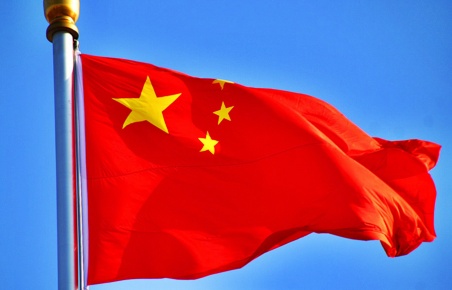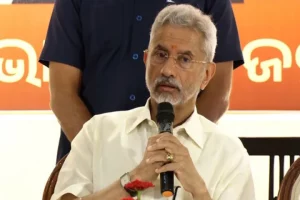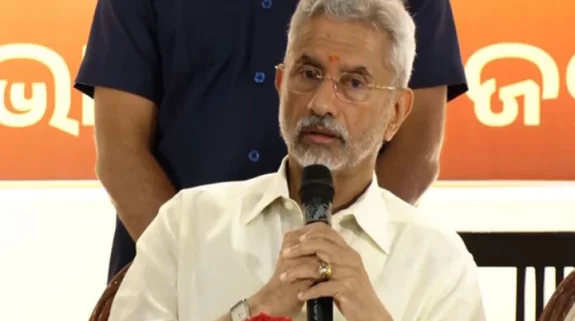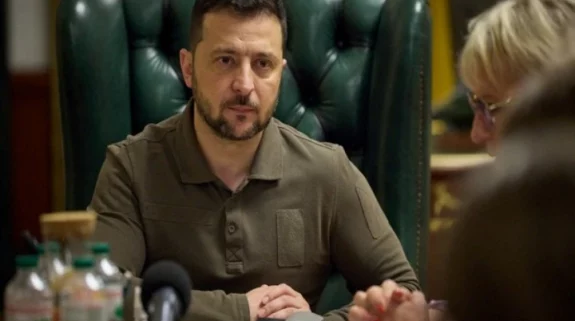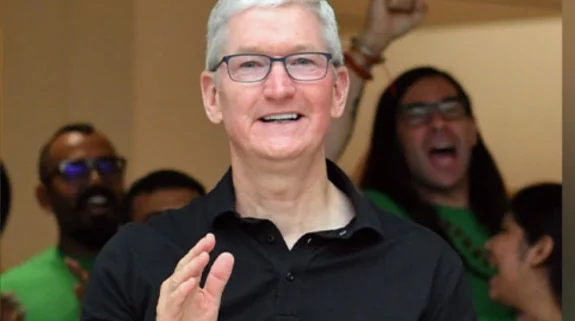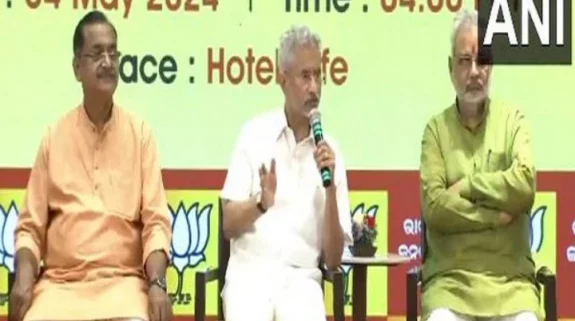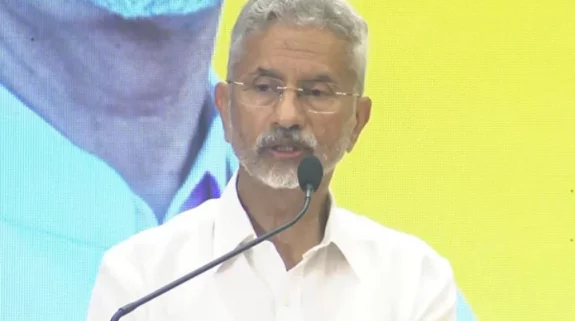China has banned BBC World News from broadcasting in the country, its television and radio regulator announced on Thursday.
China has criticised the BBC for its reporting on coronavirus and the persecution of ethnic minority Uighurs.
The BBC said it was "disappointed" by the decision. The move is expected further polarise relations between the two countries, which have already been hit by China's repressive measures to quash the uprising in Hong Kong, a former British colony. China's ties with some of the world's leading democracies, including Australia, the US and India are already on edge..
China's move comes in retaliation to British media regulator Ofcom revoking state broadcaster China Global Television Network's (CGTN) licence to broadcast in the UK.
Ofcom's decision earlier this month came after it found that CGTN's licence was wrongfully held by Star China Media Ltd.
In its decision, China's State Film, TV and Radio Administration said BBC World News reports about China were found to "seriously violate" broadcast guidelines, including "the requirement that news should be truthful and fair" and not "harm China's national interests".
It said that the BBC's application to air for another year would not be accepted, Britain has also banned Chinese telecoms group Huawei from involvement in its 5G network after the United States raised spying fears.
The BBC said in a statement: 'We are disappointed that the Chinese authorities have decided to take this course of action. The BBC is the world's most trusted international news broadcaster and reports on stories from around the world fairly, impartially and without fear or favour."
The BBC World News TV channel broadcasts globally in English. In China it is largely restricted and appears only in international hotels and some diplomatic compounds, meaning most Chinese people cannot view it.
British Foreign Secretary Dominic Raab said, " China’s decision to ban BBC World News in mainland China is an unacceptable curtailing of media freedom. China has some of the most severe restrictions on media & internet freedoms across the globe, & this latest step will only damage China’s reputation in the eyes of the world.
In Washington, State Department spokesman Ned Price denounced the BBC ban and called on China to allow an "informed citizenry" that can freely exchange ideas.
The growing friction between China and Britain over airwaves follows another incident that is pitting Beijing and Australia, a country that is part of the Indo-Pacific Quad that includes India, Japan and the US as partners. The UK has now also shown interest in deepening its ties with Indo-Pacific countries as have two other European heavy weights—France and Germany. The Indo-Pacific Quad is widely seen as a bulwark to counter China's geopolitical assertion in the region.
Earlier this week Australian TV journalist Cheng Lei, who was put under detention by Chinese authorities in August, has now been formally arrested on charges of supplying state secrets overseas, the Australian government has confirmed. Prior to her detention, Cheng had been a TV presenter for Chinese state media organisation CGTN.
Australia has repeatedly taken up the issue of Cheng's detention with China as it views it as a violation of basic human rights. "We expect basic standards of justice, procedural fairness and humane treatment to be met, in accordance with international norms," said Australia's
foreign affairs minister Marise Payne. "Our thoughts are with Ms Cheng and her family during this difficult period."
Amid China's squabbles with media freedom Joe Biden, the newly elected President of the United States, held a marathon conversation with Chinese leader Xi Jinping.
"Last night, I was in the phone for two straight hours with Xi Jinping," Biden told reporters — an unusually long interaction for a US president, with whom even face-to-face meetings rarely stretch beyond an hour.
Biden warned afterwards that if the United States doesn't "get moving" on China policy, "they're going to eat our lunch."
He apparently challenged President Xi Jinping on human rights, trade and regional muscle-flexing during the call, which aimed at setting the tone for the US-China relationship. Ties between US and China went steeply downhill under former President Donald Trump, whose administration had called out for the collapse of the ruling Communist Party of China. The extent to which the Biden administration will go in challenging China is now under the scanner.






